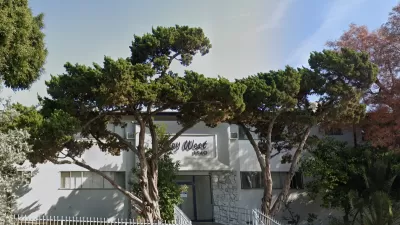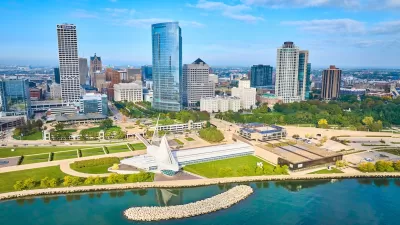Resembling a compartment in a first-class airplane cabin more than a standard hotel room, new pod hotels are popping up in major travel centers in Europe and North America, offering mini-rooms that provide travelers with lower-cost lodgings.
"The shrinking hotel room, especially in the form of the pod hotel, is a growing phenomenon as travellers demand lower-priced rooms with boutique style. The first pod hotel was the Capsule Inn Osaka, designed by Japanese architect Kisho Kurokawa and opened in 1977. With more than a passing resemblance to the drawers in a morgue, it was a weird but nifty addition to Japan's space-starved cityscapes.
The pod hotels are becoming as popular for their cool design solutions to small spaces as for their price tag. Qbic (Qbic. com), a Dutch company, is behind a mini-chain of high-design pod hotels. The first Qbic opened in Amsterdam's financial district in the spring, and two more will open this winter in Antwerp and Maastricht.
At Qbic you get a lot of cool design for your seven-foot-square room and 39 euro rate. Rooms, called Cubis, are a cube-shaped coloured plastic living space with an extra-long bed, Philippe Starck-designed bathroom and all the techie essentials: LCD TV and high-speed Internet in the cube's work and dining area. You can even change the colour of your Cubi to suit your mood: to yellow, red, purple, etc. Check-in is self-service; you get your room key from a dispensing machine. There is a communal space with work station, games console and a Grab & Go corner with vending machines offering pastries from local bakeries. (Anyone who is a fan of Febo, the ubiquitous Dutch fast-food automat, will love these.)"
"In Vancouver and New York, pods aren't just for travellers. MetroNaps (Metronaps.com) has designed pod spaces in the middle of town, set up for a quick cat nap, presumably to tap into the buzz from all those studies touting the benefits of napping. You can check into these for just an hour."
FULL STORY: The Incredible Shrinking Room

Planetizen Federal Action Tracker
A weekly monitor of how Trump’s orders and actions are impacting planners and planning in America.

Restaurant Patios Were a Pandemic Win — Why Were They so Hard to Keep?
Social distancing requirements and changes in travel patterns prompted cities to pilot new uses for street and sidewalk space. Then it got complicated.

Map: Where Senate Republicans Want to Sell Your Public Lands
For public land advocates, the Senate Republicans’ proposal to sell millions of acres of public land in the West is “the biggest fight of their careers.”

Maui's Vacation Rental Debate Turns Ugly
Verbal attacks, misinformation campaigns and fistfights plague a high-stakes debate to convert thousands of vacation rentals into long-term housing.

San Francisco Suspends Traffic Calming Amidst Record Deaths
Citing “a challenging fiscal landscape,” the city will cease the program on the heels of 42 traffic deaths, including 24 pedestrians.

California Homeless Arrests, Citations Spike After Ruling
An investigation reveals that anti-homeless actions increased up to 500% after Grants Pass v. Johnson — even in cities claiming no policy change.
Urban Design for Planners 1: Software Tools
This six-course series explores essential urban design concepts using open source software and equips planners with the tools they need to participate fully in the urban design process.
Planning for Universal Design
Learn the tools for implementing Universal Design in planning regulations.
Heyer Gruel & Associates PA
JM Goldson LLC
Custer County Colorado
City of Camden Redevelopment Agency
City of Astoria
Transportation Research & Education Center (TREC) at Portland State University
Camden Redevelopment Agency
City of Claremont
Municipality of Princeton (NJ)





























